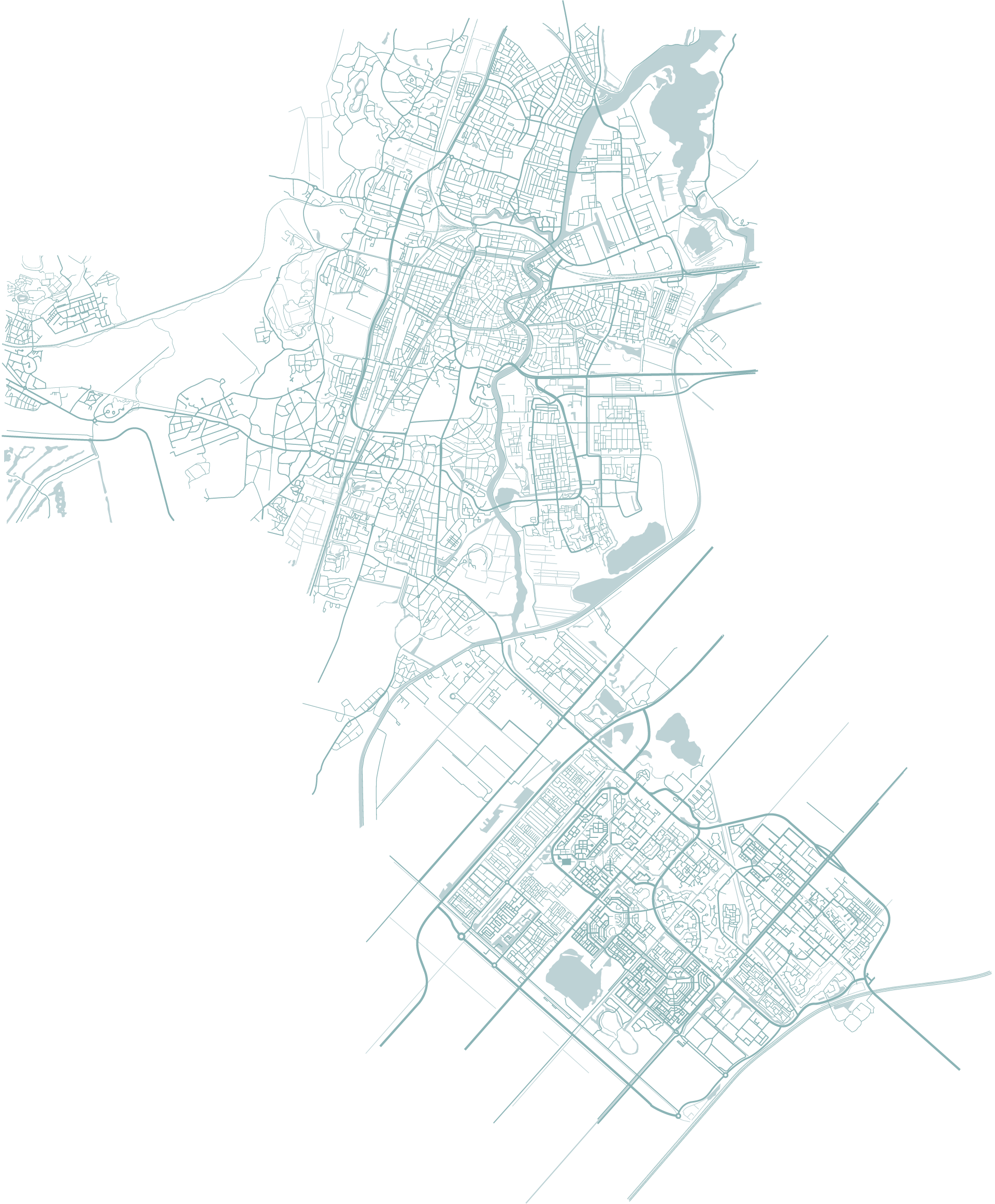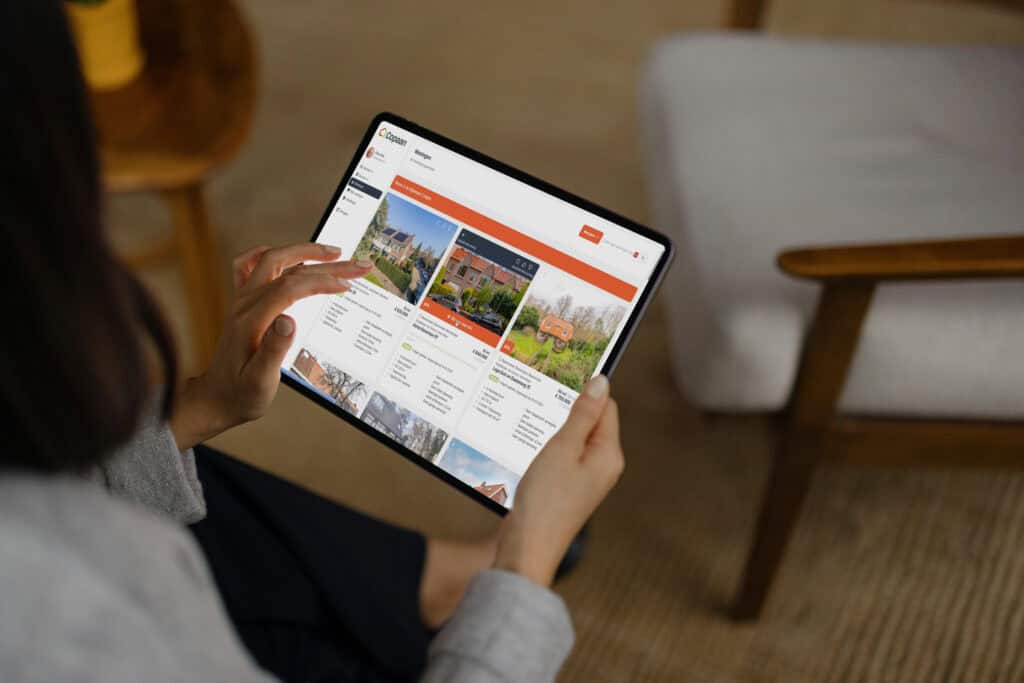2 minutes read time

The 30% ruling for expats
Expat Guide to the Dutch Housing Market
Moving abroad is costly business. The Netherlands grants highly skilled employees moving to the Netherlands a tax advantage: the so-called 30% ruling. What does the 30% ruling entail? What conditions are to be met? An introduction.

The 30% ruling allows employers to offer 30% of your salary tax-free
This means you only pay tax over 70% of your gross Dutch salary. Different rules apply to different cases: make sure you get professional advice on your case specifically before you make arrangements. Check out the website of the Dutch Tax Office: de Belastingdienst.
Who benefits from the 30% facility?
The 30% facility applies to you if you were recruited outside of the Netherlands or seconded from a country other than the Netherlands to work in the Netherlands. Conditions including the following will apply to making use of the 30% facility:
- You have an employment relationship;
- You are recruited from another country by your employer, or you are sent from another country to your employer;
- You have specific expertise that is not or is only barely available on the Dutch employment market;
- You have a valid decision.
- Go to the Dutch Tax Office website
5 year period
Previously, expats were allowed to make on the 30% ruling for a period of 8 years. As of January 1st 2019, this period of tax advantage has been shortened to 5 years.
This tax-break is meant as a compensation for extra expenses you make when working outside your home country, the so-called extraterritorial costs. You are not obligated by the Dutch Tax Office to prove that expenses have been incurred.
Extraterritorial costs
These extraterritorial costs include expenses such as:
- travel costs to get acquainted with the country, visiting schools and looking for a home;
- extra housing costs;
- visa costs;
- storage costs for household effects back home;
- costs to follow a Dutch language course for the employee and the family members staying with them.
Check this website of the Dutch Tax Office for a complete overview of all extraterritorial costs. Again, you are not obligated by the Dutch Tax Office to prove that expenses have been incurred.
These costs do not include expenses such as:
- purchase and sales costs of a home including brokers fee;
- tax equalization (i.e. compensation for higher tax rates in Holland compared to the employee’s home country).

Written by:
Isabelle Band RM RT
Partner – Registered Real Estate Agent Appraiser / Expat Broker
Call or email me to discuss!
020 – 800 23 83 Mail Isabelle
Share
Read more:
Meet our team: Isabelle Band Expat Broker
Meet Isabelle Band, our Certified Expat Broker in Amsterdam! What does a Certified Expat Broker do exactly? And how do…
Read article
Buying a Pre-Owned home: the benefits
A separate category in our listings: Pre-Owned homes! Newly built homes in brand new condition in which their first owners…
Read article
Buying a house in Amsterdam? 9 tips!
Buying a house in Amsterdam: few listings, many bidders. How do you get your hands on that dream house? We’ll…
Read article
Viewing a house: do’s and don’ts!
You’ve spotted a nice house online or your purchase broker tipped you. Your next move: a tour around the property!…
Read article
The Annual Tax Return in a nutshell
Each year the Dutch Tax Office invites you to file your annual tax return. This used to be through a…
Read article
Dutch Mortgage Requirements
When buying a property, you want to make sure your new home meets all your wishes. Also, you want to…
Read article
The Dutch Tax System explained
Everyone living in the Netherlands is required to pay taxes. The Belastingdienst, the Dutch Tax Office, collects different types of…
Read article
Moving to a new address in the Netherlands
A new home, a new address. Once you’ve moved, make sure you inform your local municipality within 5 days about…
Read article

Copaan
Haven’t found what you’re looking for?
Try our smart matching tool Copaan
A clear picture of you’re looking for in a home makes searching a lot easier.
We’ll help you get started with a free Copaan trial account – smart software that helps you find and choose your dream home. Try it today!
Take a look at our properties
Your dream home might be listed
Sustainable
Sustainable
Hoofddorp
Centrum
Thijs Ouwerkerkstraat 32
Upper-floor apartment
78 m²
3 rooms
€ 450.000,- Buyer's costs
View
Sustainable
Hoofddorp
Toolenburg
Catharina van Aragonlaan 121
Penthouse
159 m²
4 rooms
€ 925.000,- Buyer's costs
View
Sustainable
Sold subject to contract
Hoofddorp
Centrum
Juf van Kempenstraat 52
Upper-floor apartment
93 m²
4 rooms
€ 525.000,- Buyer's costs
View
Sustainable
Sold subject to contract
Hoofddorp
Floriande
Sjoukje Dijkstralaan 10
Family home
122 m²
262 m²
5 rooms
€ 650.000,- Buyer's costs
View
Any questions?
Please check in – we’d love to meet!
Feel free to contact us
We’ll schedule a meeting at one of our offices, at your home, or through a (video) call. We’ll talk about your needs, wants and future plans. And will give you insight in local market data and our expertise. Let’s meet!
